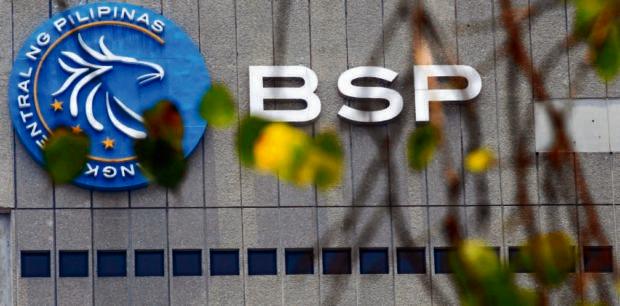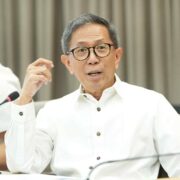Regulators tighten oversight on financial conglomerates

Financial regulators approved a “harmonized” supervisory plan that aims to help financial conglomerates avoid risks that may cause damage to the country’s financial system.
In a statement on Thursday, the interagency Financial Sector Forum (FSF)—chaired by the Bangko Sentral ng Pilipinas (BSP)—said the plan would focus on entities “with greater impact and those that pose higher risk to the financial system.” These refer to the financial entities that some market players deem to be too big to fail.
A key priority for the FSF is to intensify the capacity building of financial executives and address early on any concern that could eventually create a systemic risk.
The establishment of a “harmonized” supervisory framework was the product of the FSF’s recently concluded third Supervisory College, an initiative aimed at enhancing the effectiveness and coherence of supervisory practices governing financial conglomerates.
Specifically, the FSF said it would ramp up capacity building activities for financial conglomerate supervisors through workshops and alignment meetings. The plan, in turn, would facilitate “the proactive resolution of supervisory concerns in the financial sector,” BSP Governor and FSF chair Eli Remolona Jr. said.
“The Supervisory College continues to serve as a platform for FSF members to identify and mitigate risks and vulnerabilities inherent in financial conglomerates,” Remolona added.
The FSF also includes the Securities and Exchange Commission, Insurance Commission and Philippine Deposit Insurance Corp. The interagency body was formed to foster collaboration among these regulators to promote financial stability.
Apart from the creation of a supervisory plan, the FSF also said its members agreed to adopt “standardized” policies and parameters, as well as structured data analysis for a consistent risk assessment process. To make this happen, FSF members agreed to convene the fourth Supervisory College in the latter half of 2024.
The members of the FSF are the same agencies that make up the Financial Stability Coordination Council (FSCC), which also counts the Department of Finance among its ranks.
At its last meeting in May, the FSCC recognized that global indicators of market volatility have remained low. However, it also underscored the volatility in global oil prices which, the council said, may result in higher-for-longer rates that could weigh on debt servicing in general.
Regulators want to instill a framework for the oversight of the entire financial system, aware of the interlinkages with the real economy, and put in place an organized mechanism for handling systemic crises.





















